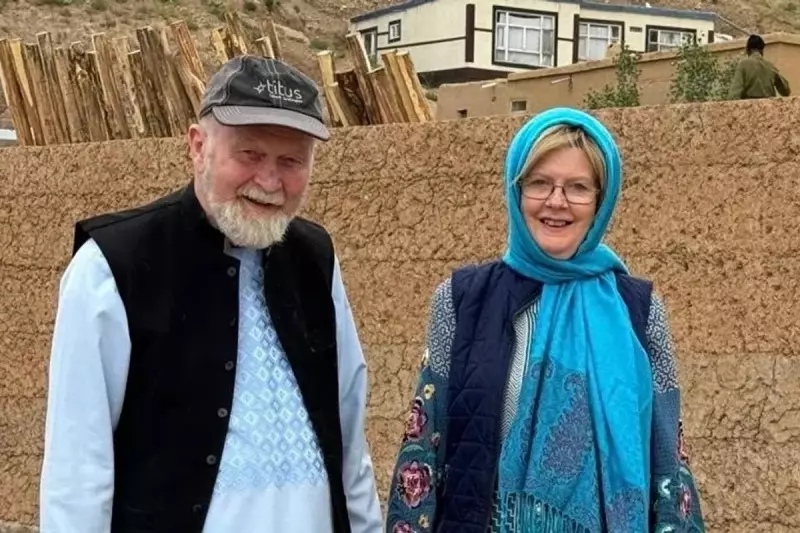
The British government has taken a significant and controversial step in its foreign policy, confirming that Foreign Office officials have engaged in direct discussions with Taliban representatives in Afghanistan. This revelation confirms a major shift in the UK's diplomatic approach to the militant group now governing the country.
The confirmation came from a Foreign Office spokesperson who stated, "It is necessary to work with the de facto authorities in Afghanistan to address important issues, such as the safe passage of eligible persons and the humanitarian crisis.” This pragmatic stance marks a departure from the UK's previous position of non-engagement with the Taliban.
A Shift in Diplomatic Strategy
The decision to initiate talks has not been made lightly. Officials argue that direct engagement is essential to tackle the dire humanitarian situation unfolding in Afghanistan and to secure the safe exit of remaining British nationals and eligible Afghans. The country is facing an economic collapse and a severe famine, with millions at risk of starvation.
However, this new strategy has drawn immediate criticism from senior political and diplomatic figures. Lord Peter Ricketts, a former national security adviser, voiced strong opposition, labelling the move as "premature". He argued that it effectively bestows a form of legitimacy on the Taliban regime before it has demonstrated any commitment to human rights, particularly the rights of women and girls, or shown a willingness to form an inclusive government.
Walking a Diplomatic Tightrope
The UK government insists it is carefully distinguishing between pragmatic, necessary discussions and formal diplomatic recognition. A government source emphasised that these talks do not equate to recognising the Taliban as the legitimate government of Afghanistan. The approach appears to be one of cautious, issue-specific engagement aimed at achieving critical, immediate goals rather than establishing full diplomatic relations.
This delicate balancing act reflects a broader dilemma facing Western nations: how to address a devastating human catastrophe without empowering or legitimising a regime known for its brutal past and concerning present policies. The UK's actions are being closely watched by its international allies, potentially setting a precedent for other nations.
Criticism and Concern
Opponents of the policy fear that any form of engagement, however practical its stated aims, could be exploited by the Taliban for propaganda purposes. They contend that it weakens the international community's bargaining position and reduces leverage to pressure the regime on human rights issues. The core of the criticism is that the UK is negotiating from a position of weakness rather than strength, potentially conceding ground without securing concrete guarantees in return.
The debate in Westminster is likely to intensify as the details of these discussions emerge. The government faces tough questions about the specifics of the talks, what concessions have been made, and what tangible benefits have been secured for the Afghan people and UK interests.





